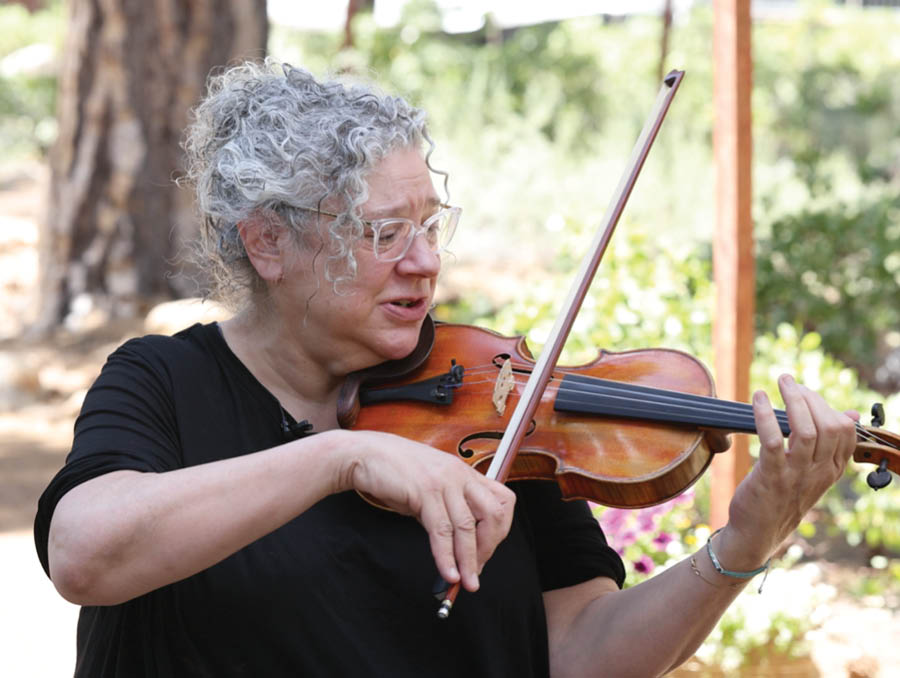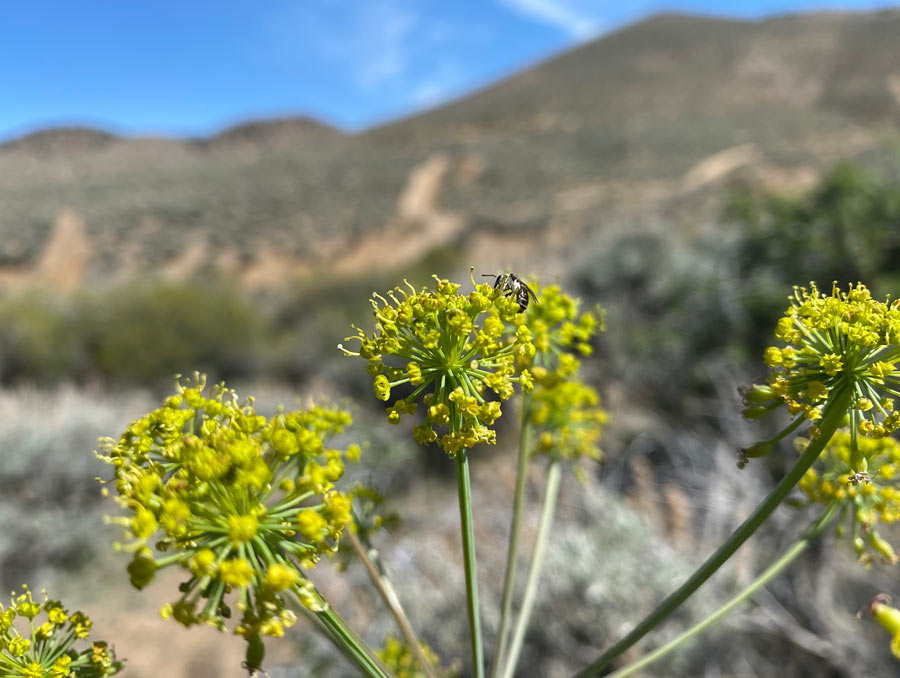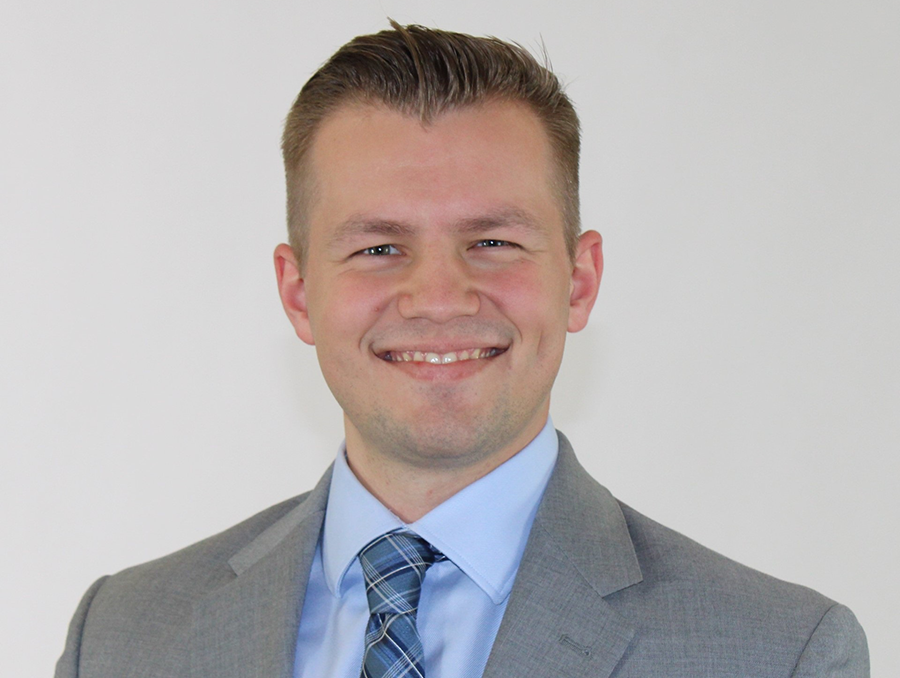Environmental engineer Yu (Frank) Yang is leading a major study on the carbon cycles in soil with a highly competitive $650,000 grant funded by the Department of Energy. Yang, in the University's Department of Civil and Environmental Engineering, seeks to create a better understanding of how carbon is processed in soil and to improve the method for determining how carbon from the soil affects greenhouse gas emissions.
"This is a very competitive grant that presents a major development in the area of environmental engineering. Grants like this are at the center of the College of Engineering's pursuit for national competitiveness and recognition and contribute to the University's pursuit of a higher research classification," Dean of Engineering Emmanuel Maragakis said.
According to Yang, the present model used by the Department of Energy to gauge the carbon process in soil is potentially formulated with imprecise calculations. Yang and his team of investigators from around the country will be creating a more accurate formula for how carbon degrades in soil in order to more precisely calculate subjects related to climate change.
"There are still lots of open questions regarding to how the natural reactions - such as the biogeochemical processes in soil ecosystem - affect the carbon cycle and potentially influence the greenhouse gas emission, and how we can predict it," said Yang. "Our project is set to investigate the largely unknown link between the soil carbon stability and the redox chemical reactions of iron, to improve our capability to model and predict the carbon cycles in natural ecosystems."
Soil is one of the largest carbon pools on earth, containing more carbon than in the atmosphere or terrestrial vegetation. Stabilization of organic matter in the soil is a major way the ecosystem locks-down carbon, mitigating greenhouse gas emission naturally. When the carbon within soil is stable, it can last that way a long time and be used as a carbon sink - a sort of sponge that collects and holds carbon safely within the soil.
"Dr. Yang has done a lot of preparation and legwork to put together a high-quality and diverse project team from some top-notch programs and national labs across the country," former Environmental Engineering Program Director Eric Marchand said. "His team's work on better understanding the role of biogeochemical cycles on the carbon dioxide cycle is very timely and relevant to current global carbon issues."
The Obama Administration is rolling-out new regulations regarding carbon pollution from power plants, requiring them to reduce carbon emissions by 32 percent from 2005 levels by 2030. There is a major push for regulation because environmental scientists see the world overspending its "carbon budget," causing irreversible heating on earth due to the emission of greenhouse gas to the atmosphere. If people can better understand how carbon is processed within soil, then ways to regulate the unstable carbon within soil can be determined more precisely.
Since Yang started at the University in 2013, he has secured more than $800,000 in research grants from the Department of Energy and the USDA. His work has been extensively published in top-tier journals such as Scientific Reports, Environmental Science and Technology, and Chemical Geology.











